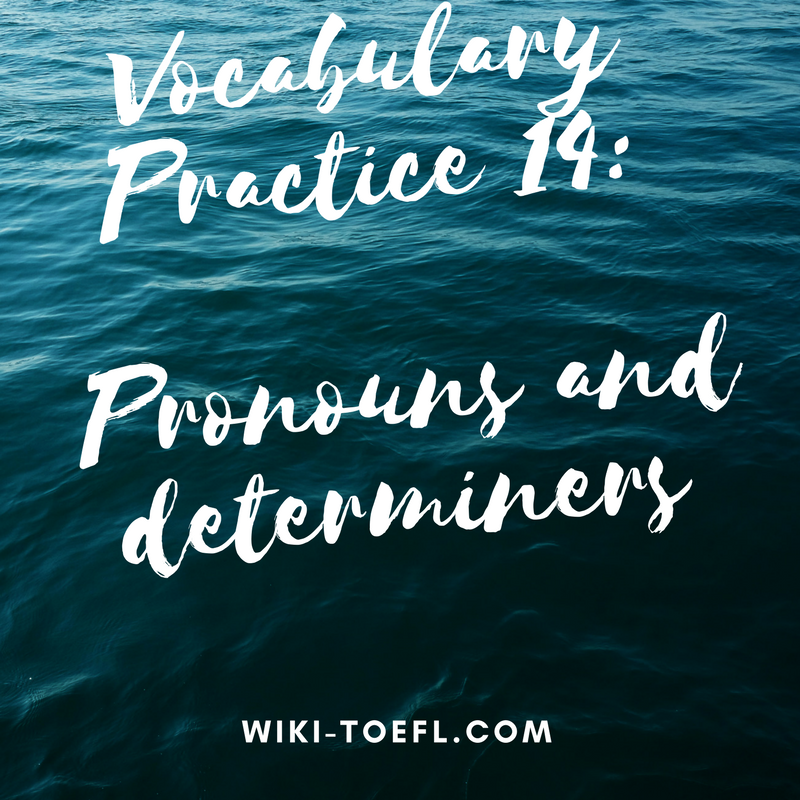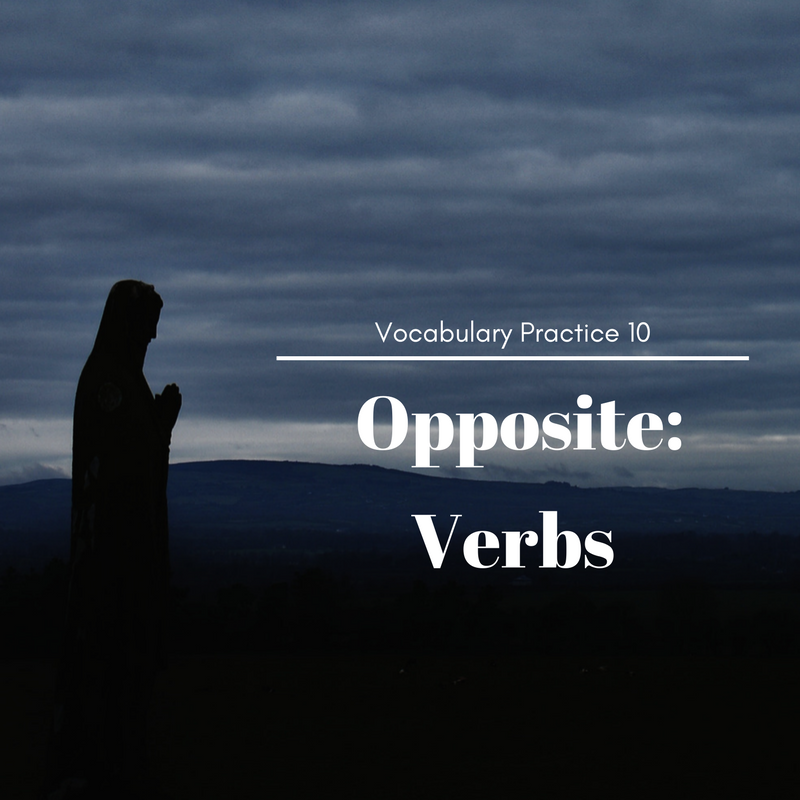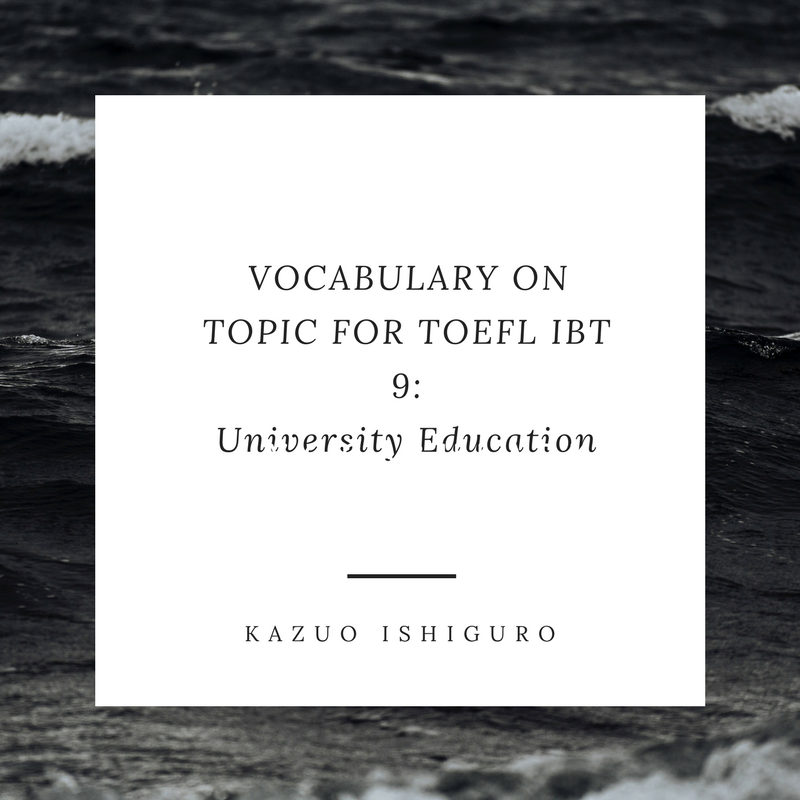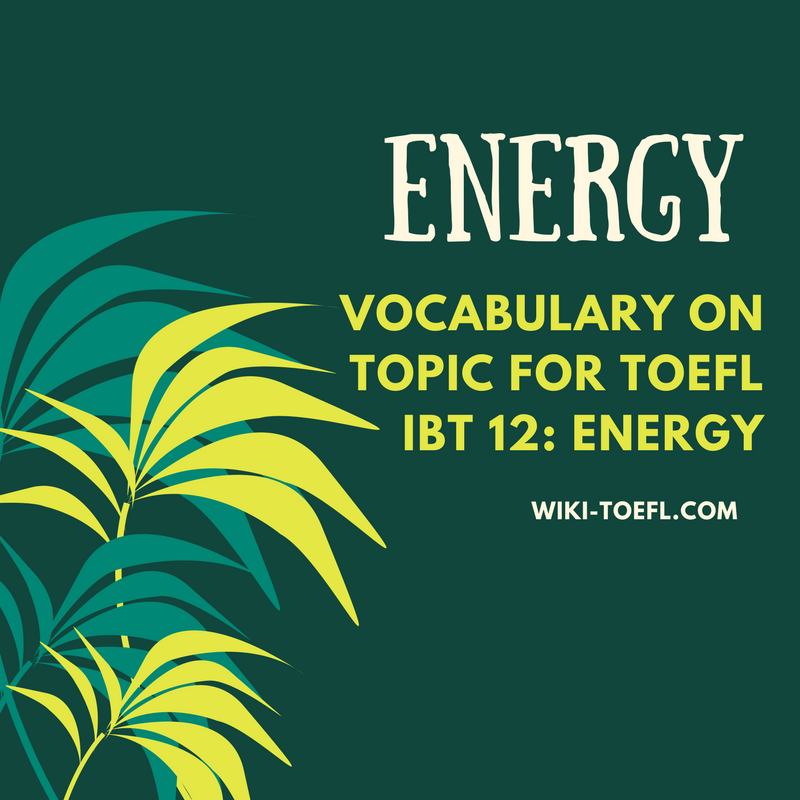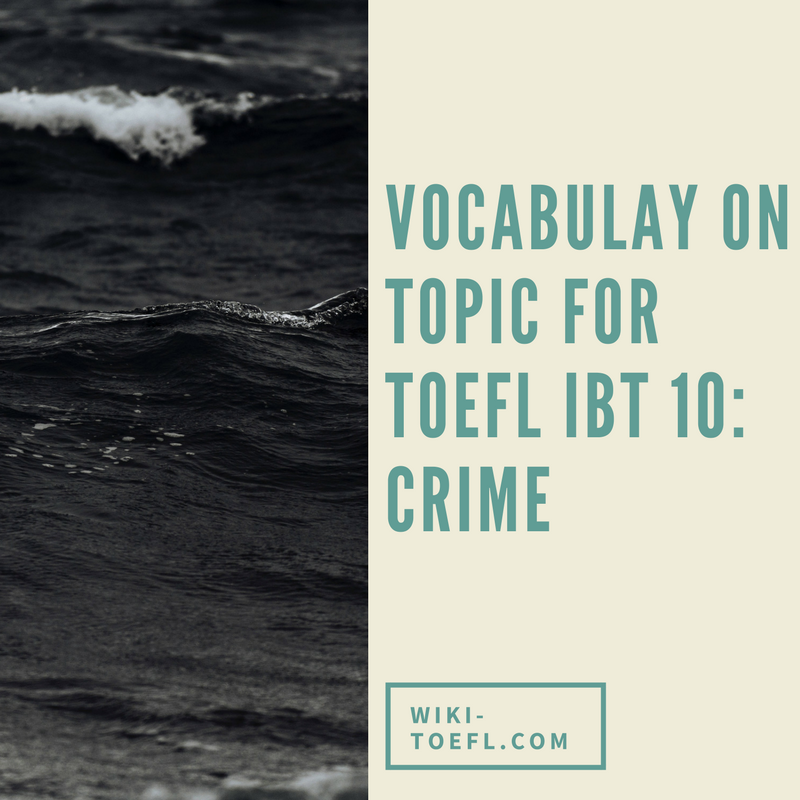Vocabulary Practice 14: Pronouns and determiners
Exercise 1: Complete these sentences with an appropriate pronoun or determiner (e.g., his, which, there, itself, etc.). You will need to use some pronouns / determiners more than once.
1. The team arrived in Cairo, and from ________________ set out across the desert in a southwesterly direction.
2. Students are allowed to hand in ________________ assignments a few days late if they ask for permission at least a week in advance.
3. The new laws made ________________ easier to get a passport and travel abroad.
4. Someone called for you, but you weren’t here, so I told ________________ you would call when you got back.
5. Many playwrights like to act in the plays they have written. Shakespeare ________________ appeared in productions of his own works.
6. Most students spend more time on their assignments than ________________ should.
7. Why did you say that I’ve missed lots of lessons this semester? Where did you get ________________ idea? I haven’t missed a single one.
8. Greek and Latin are languages from ________________ many English words have been taken or adapted.
9. Someone broke the printer, but ________________ looks like nobody is prepared to accept responsibility.
10. The company carried out research into chemical fertilizers and ________________ effect on the environment.
11. The drug works in small quantities, but ________________ efficacy is reduced if used too much and too often.
12. ________________ comes a time in everyone’s life when a big decision has to be taken.
13. Nuclear energy is far less damaging to the environment than ________________ produced from fossil fuels, but requires far higher standards of safety to be applied.
14. The authors admitted using material from other books, but we had to give ________________ credit for their ability to make an otherwise boring subject lively and interesting.
15. A skilled workforce is essential, ________________ is why regular training programs are so important.
16. The young chick relies on the adult bird for food, and it will be several weeks before it can feed ________________.
17. The vehicle employs a small solar panel, from which ________________ can get enough power to move without the need for turning the engine on.
18. We should give everyone a chance to say what ________________ think.
19. Research in the 1960’s often took a lot of time and patience, as there was no Internet in ____________ days.
20. The house stood by ____________ on a small island, cut off from the outside world by a treacherous reef.
Exercise 2: Instructions as above.
1. Her latest book is one ________________ every teenager will enjoy.
2. Help was offered in the first instance to families ________________ homes had been destroyed in the tsunami.
3. The company was forced to cut prices and lay off staff, but the problems didn’t end ________________.
4. As it became obvious an economic crisis was looming, the Republicans were divided among ________________ as to the best course of action to take.
5. Bogart’s most famous movie was probably Casablanca, ________________ was made in 1942.
6. Prices in New York are roughly 30% cheaper than ________________ in London.
7. People who adopt children tend to be people who have no children of ________________ own but who desperately want some.
8. The voice at the end of the phone was ________________ of a young man.
9. We have tea or coffee: ________________ would you prefer?
10. Most people passed the exam, and ________________ that failed were allowed to retake it a month later.
11. Immigrants often come to the country on their own, and then ask their families to join ________________ at a later date.
12. Those who want to see Las Vegas and sample all of ________________ attractions are going to need a lot of money.
13. AZB Ltd claimed that the invention was legally ________________, and sued their competitor for breaching their design copyright.
14. The Republican Party have come under a lot of pressure, but ________________ refuse to bow down to popular pressure.
15. The winner was a Chinese composer, ________________ composition “Blue String” combined elements of classical Chinese and Western music.
16. We’ve been thinking about the offer ________________ you made last week.
17. We need to prepare ________________ for the struggle that we are about to face.
18. The software has a few glitches, but the real problem lies in the computer, and not in the software ________________.
19. Fees must be paid in full before the course begins. Alternatively, you can pay ________________ in 6 monthly installments through the first semester.
20. As part of the survey, we asked members of the public questions about ________________ their work, their hobbies, how they spent their vacation, and so on.

